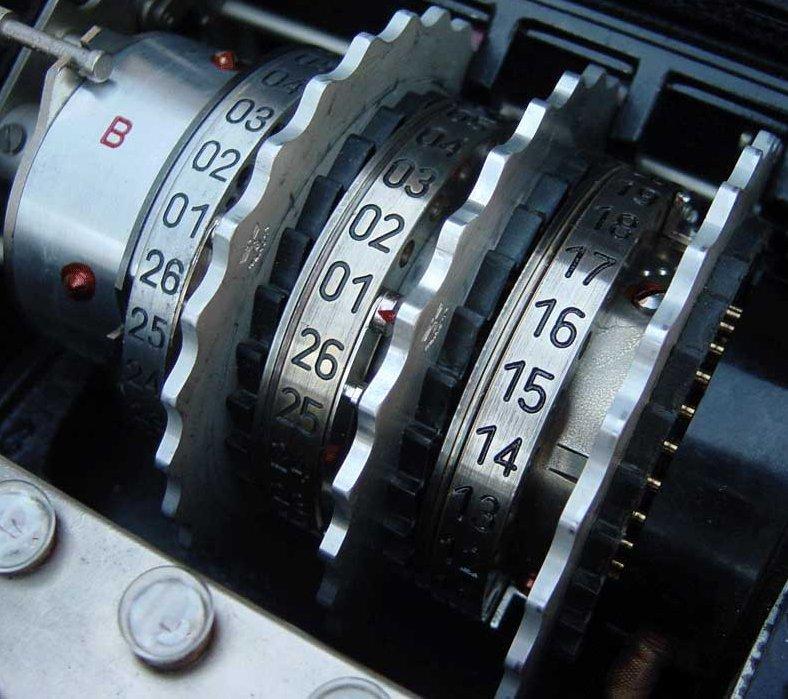Latest spy scandal ‘shatters Swiss neutrality’, say papers

The revelation that the CIA and the German intelligence services (BND) for decades used a Swiss firm’s encryption technology to crack other nations’ top-secret messages is a blow to Switzerland’s neutrality, credibility and even sovereignty, say Swiss newspapers. A thorough investigation and transparency is now vital, they agree.
“So the rumours at the beginning of the 1990s were true. Good Switzerland – neutral and non-aligned – was home to a quasi-agency of allied intelligence services,” said the editorial of 24heures and the Tribune de GenèveExternal link on Wednesday.
“It’s highly likely that Crypto AG was engaged in two types of activities, some beyond reproach and others ultra-secret to which Swiss officialdom turned a blind eye in the name of NATO-dependent neutrality,” they wrote under the headline “The spy tolerated by Switzerland”.

More
Politicians demand full truth about Swiss role in Crypto affair
Crypto, a Zug-based communications encryption firm which was liquidated in 2018, sold code-making equipment to Iran, India, Pakistan, Latin American nations and dozens of other countries. The technology was modified to let the CIA and BND break codes, The Washington Post reported along with Swiss public television SRF and German broadcasters ZDF. They described a Cold War-era caper in which American spymasters and counterparts from what was then West Germany from 1970 were responsible for nearly all Crypto operations, from hiring and firing to sales tactics.
According to SRF, key government officials were aware of the affair, but nothing was done.
“This historic operation was only possible because the US and Germany were able to take advantage of Switzerland’s neutrality and good reputation. In Bern, representatives of politics, the judiciary, the police, the military and the intelligence services heard about it,” claimed the Tages-AnzeigerExternal link and Der Bund.
“They would have had to use all possible legal and diplomatic means to stop the serious violation of the sovereignty of our federal state. But nothing happened. Whether out of incompetence, because they wanted to cover up the foreign secret service agents or even because they profited from their findings, this must now be cleared up. Regardless of big names and powers. It’s the only way out of this mess.”
The Neue Zürcher ZeitungExternal link (NZZ) added that “Switzerland’s credibility in the current information war is measured by past events”. It said this case “casts doubt on the sincerity of the state’s leaders and thus on the liberal order, while also weighing on the country’s economy”.
Call for a parliamentary inquiry
The Tages-Anzeiger and Der Bund stressed that Switzerland’s neutrality had been “shattered” and the country’s “collective blind eye” would damage its credibility for years to come.
“On the one hand politically: no state that’s been deceived will ever trust it again, and on the other economically: who buys sensitive technology from a government that tolerates such machinations?” they wrote.
24heuresExternal link in Lausanne points out that the current conflict between the Chinese firm Huawei and the Trump administration “is based precisely on the suspicion that undesirable chips are hidden in equipment that’s been ‘made in China’”.
The Federal Council, which has opened an investigation, is reacting “with remarkable transparency”, the NZZ reckoned. But more needs to be done, most newspapers concluded, calling for parliament to launch an inquiry.
“Parliament needs an investigation that is as independent as possible,” urged the Tages-Anzeiger and Der Bund. “We need what has been lacking for far too long: sovereignty and courage.”
This video features an English-language interview with Washington Post journalist Greg Miller:

In compliance with the JTI standards
More: SWI swissinfo.ch certified by the Journalism Trust Initiative













You can find an overview of ongoing debates with our journalists here . Please join us!
If you want to start a conversation about a topic raised in this article or want to report factual errors, email us at english@swissinfo.ch.